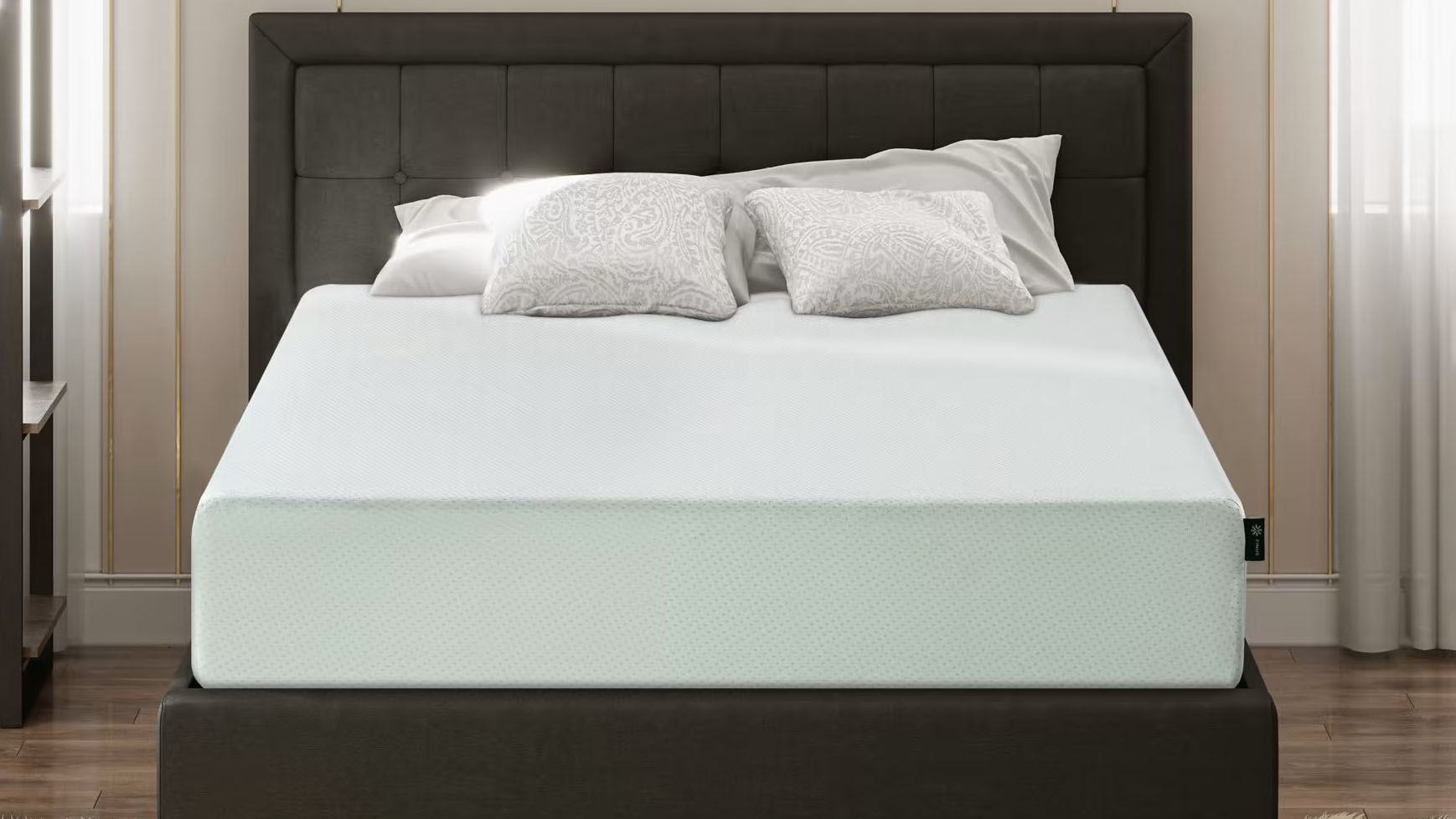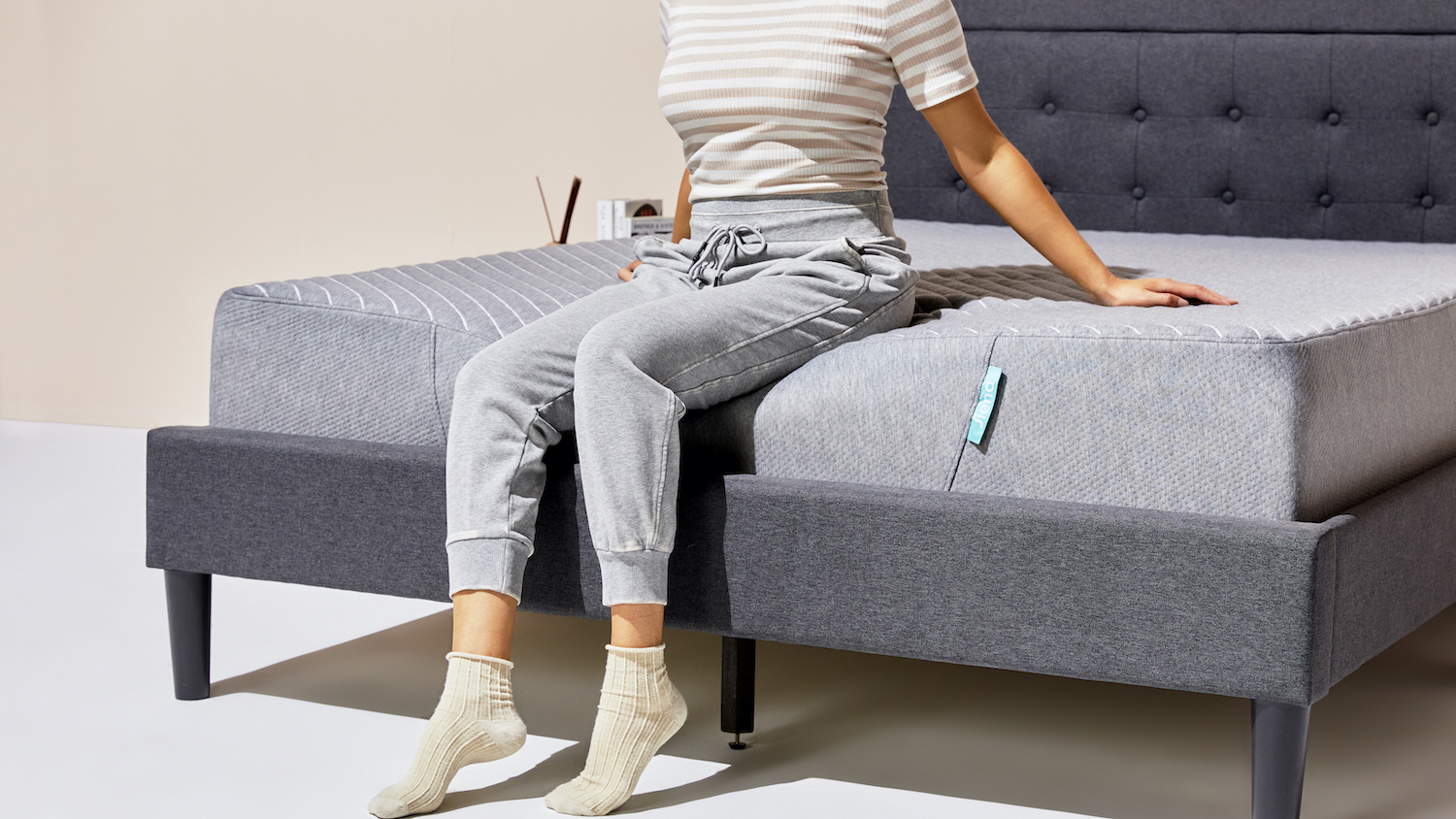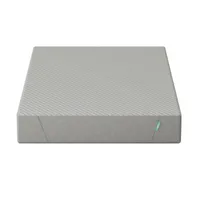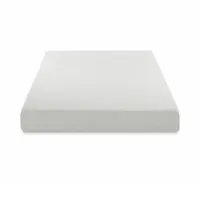Are inexpensive mattresses worth it or are they a waste of money?
Inexpensive mattresses can provide comfort on a small budget, but are they nothing more than a short-term fix?

When hunting for a new bed, an inexpensive mattress that still delivers on comfort and support is probably what we're all looking for. However, is there such a thing? Or are inexpensive mattresses a false economy because they'll simply need replacing way sooner?
The best mattress for you will be the one that suits your budget as well as your sleep needs, and sometimes this means you need to opt for an inexpensive mattress. Here, I'll discuss some of the best inexpensive mattress on the markets, how long they last, and whether their affordable price tags are worth the budget materials
With the Memorial Day mattress sales next month, I'll also show you how to buy the best inexpensive mattress for your sleep position and arrangement, including the top deals to shop right now.
How much do inexpensive mattresses cost?
The best queen mattresses are usually priced around $1,000 (putting them in the mid-range price tier), but there are plenty of inexpensive queen beds that you can get for less thanks to frequent mattress sales.
The best mattresses under $1000 for a queen size have a typical queen price of around $600 to $800, with the more premium queen beds (such as those made from natural latex) typically discounted at over $900. However, some of the most inexpensive mattresses on the market can be reduced to under $500, with prices often plummeting to no more than $250.
Who makes the best inexpensive mattresses?
The brands behind some of the top picks in our best cheap mattress guide include Casper, Siena, Brooklyn Bedding, Zinus, and Linenspa. These brands deliver good-quality budget beds that tie benefits – such as sleep trials, warranties, and free shipping – in with the mattress price. sleep trials. Plus, they've either been through rigorous testing by our team of experienced reviewers or have received a high volume of positive consumer reviews.
Our top inexpensive mattress is the Siena Memory Foam mattress, which costs just $399 for a queen. Here are my top three recommendations:
Get instant access to breaking news, the hottest reviews, great deals and helpful tips.
1. Siena Memory Foam Mattress: was $499 $199 at Siena Sleep
Our Siena Memory Foam mattress review praised this mattress for its low motion transfer for bed-sharing couples and good temperature control for an all-foam bed. Plus, with a permanent Siena mattress deal that knocks up to 60% off, you'll never have to pay over $400 for a queen size.
2. Green Tea Memory Foam Mattress: from $399 at Zinus
Our Zinus Green Tea Memory Foam Mattress review found this mattress to be excellent value for money. While there are currently no discounts on the 10" Green Tea Memory Foam, it's still a steal even at full retail price, with a queen size just $249 and a king under $500. While Zinus rarely slashes the price of their signature model, the bed is usually discounted on Amazon. However, when buying directly from the official Zinus website, you receive extras such as a 10-year warranty, 100-night trial, and free shipping.
3. Dreamfoam Essential 10" Mattress: was $449 $336.80 at Brooklyn Bedding
Our DreamFoam Essential mattress review praised this bed for its great value (and that review as for the 8" model, so the 10" is sure to be have more comfort and support). There's also 120-night sleep trial, 10-year warranty, and free shipping. You'll also find an evergreen 25% off deal, so you'll never have to pay MSRP either.
Are inexpensive mattresses worth the money?
First of all, different people have different definitions of an inexpensive mattress. While some consider an inexpensive mattress to be any bed typically under $1,000 for a queen size, others may see a cheap mattress as being under $500 for a queen. While some of the best hybrid mattresses and best memory foam mattresses from top sleep brands are available for under $800 for a queen, there are still many decent inexpensive queen mattresses available for under $500.
However, it's important to be aware that the cheaper the mattress, the cheaper the materials. The features are going to be more basic and less state-of-the-art. For example, a budget cooling mattress is going to boast the same cutting-edge cooling features as the best cooling mattresses.
Another caveat is the extras. You can find many inexpensive mattress deals on Amazon, however you often won't receive the same cost-effective benefits (such as trial periods, free returns or long warranty periods) as you would when purchasing from the brand's own website.

However, that doesn't mean you should dismiss inexpensive mattresses. If you're on a tight budget, cheap mattresses can be an excellent stopgap until you're in the market for a higher quality mattress. Plus, if you're looking for a cheap mattress to sleep on until you have the budget for a pricier one, then you may want to consider one of the best mattress toppers instead.
Are inexpensive mattresses bad for your back?
This all depends. Some of the most inexpensive mattresses are soft all-foam beds designed to provide you with cushioning comfort thanks to their foamy construction. However, this softness can sometimes mean there's less support (usually provided in mattresses by a sturdy layer of coils or springs).
While soft beds are the best mattresses for side sleepers, those who sleep on their back or stomach (along with heavy people) need firm support to keep their hips upright. If their hips dip into a soft surface, this can cause the spine to become misaligned which then leads to back pain.
On the other hand, innerspring beds are the cheapest on the market and are known for their sturdy, bouncy frames, but they are prone to sagging, which can lead to an uneven, unsupportive surface. That said, there are many firm inexpensive beds which make some of the best mattresses for stomach sleepers, so it's always best to check the firmness rating of a bargain bed before buying.
Thickness is also important; inexpensive mattresses tend to be thinner than expensive ones. The thicker the mattress, the sturdier the support, so make sure to look for a mattress with a minim of 10 inches in height. If you do sleep on a thin mattress, such as one for bunk or foldaway beds, make sure it's just a temporary sleep arrangement.
How long do inexpensive mattresses last?
If you're wondering how long a mattress lasts, the average lifespan of a bed is around eight to 10 years. The more luxurious beds, such as those made from natural latex or smart mattresses, last longer due to having more durable materials built to last.

Memory foam follows, with an average life expectancy of 10 years (though they aren't immune to sagging). Hybrid mattresses tend to last around seven to 10 years, but as they contain springs or coils, they can wear out a lot faster than all-foam beds. Innerspring beds, some of the cheapest on the market, have the shortest lifespan of around five to seven years.
While the length of warranty is a good indicator of the life expectancy, most inexpensive mattresses have short lifespans due to their materials being less premium and less durable. Overall, the best thing to do is to take good care of your inexpensive mattress by rotating it around every three months. Innersprings can be flipped every three months, but avoid flipping mattresses if they are made from memory foam or have a hybrid design.
How to choose a good inexpensive mattress
When shopping for an inexpensive mattress, try not to be swayed by price alone. A cheap mattress may seem excellent value for money now, but it could cost you more in the long run due to issues such as premature sagging or no sleep trial to determine whether it's right for you. Here's a list of the features to look out for when buying a cheap mattress:
- A trial period of at least 30 nights: 30 nights is the minimum length of time recommended to full adjust to a new mattress. If your mattress doesn't come with a sleep trial , you may want to consider whether the price is low enough to risk not being able to try it out first .
- A warranty of at least 10 years: A warranty not only covers issues such as manufacturing flaws or premature sagging, but it also indicates how long a mattress should last.
- A minimum depth of 10 inches. Any thinner than this and the mattress will not be supportive enough for long-term use.
- A CertiPUR-US certification: Any mattress that uses foam needs to have this certification to prove the materials meet safety and environmental standards, no matter how cheap they are.

Frances Daniels is a PPA-accredited journalist and Sleep Staff Writer at Tom's Guide with an MA in Magazine Journalism from Cardiff University. Her role includes covering mattress and sleep news and writing sleep product reviews and buyer's guides, including our Best Hybrid Mattress 2025 guide. She is interested in the relationship between sleep and health, interviewing an array of experts to create in-depth articles about topics such as nutrition, sleep disorders, sleep hygiene, and mattress care. She is also our specialist on mattress toppers — producing bed topper reviews and taking care of our Best Mattress Toppers 2025 guide — and leads content relating to fiberglass-free beds for a non-toxic sleep. Outside of Tom's Guide, she has written for Ideal Home and Marie Claire.
 Club Benefits
Club Benefits








